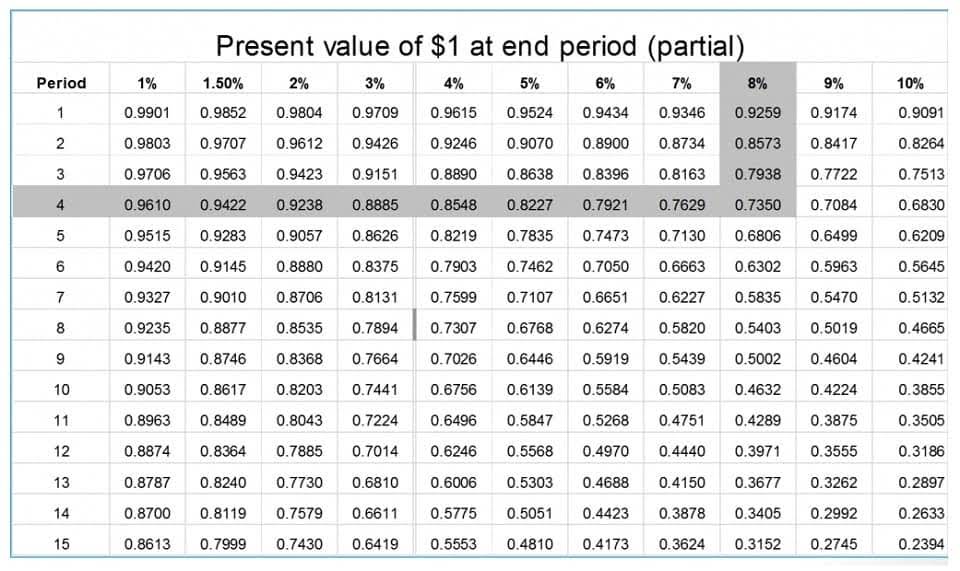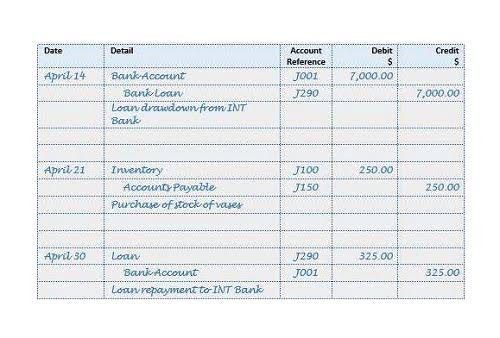
Wouldn’t life be easier if employers offered double pay for overtime and holidays? Instead, you’re more likely to find yourselfnavigating the confusing world of time and a half – that is to say, pay that’s 50% higher than your standard rate. When Jane gets time and a half, her hourly rate increases to $18 per hour (12 x 1.5) for the extra hours she works.

How to Calculate Overtime Pay
- Qualifying for overtime has different rules in different states and countries.
- The Fair Labor Standards Act does not require overtime pay for work on Saturdays, Sundays, holidays, or regular days off from work, unless overtime hours are worked on those days.
- The federal government has not introduced any legislature on the subject of holiday pay.
- If you make Chinese overtime, it’s extremely important to understand how much money you should actually be making.
Filing a wage and hour lawsuit is a major decision, one you can’t take lightly. Our dedicated attorneys can help walk you through your rights so you better understand your legal options. https://www.instagram.com/bookstime_inc Your consultation is free and comes at no obligation.
Double Time

Check out our full guide on Chinese overtime to find out how the Fair Labor Standards Act deals with “fluctuating workweeks,” where the amount of hours you work changes from week to week. To pay Chinese overtime, which is paid at one half (0.5) your regular rate of pay, employers need to meet 5 important and necessary conditions. We suggest tracking your hours on a weekly basis and figuring out how much you’re owed under federal law. Then check to make sure that your paycheck or cash wage reflects your real pay. That’s the best, and often the only, way to catch a wage and hour violation.

What Is Overtime Pay?
If you get fired, or demoted, or have your pay cut, you may become eligible to file a second lawsuit, for illegal retaliation, and could win even more compensation. It’s important to note that some roles are exempt from FLSA coverage, which affects overtime eligibility. More information on who https://www.bookstime.com/ is eligible for overtime pay can be found on the Department of Labor website.
- Your employer is not allowed to punish you for exerting your rights under the Fair Labor Standards Act.
- That’s the best, and often the only, way to catch a wage and hour violation.
- „When Is Overtime Due?“Information about overtime from the elaws FLSA Advisor.
- The federal government has established specific protections for employees in the United States, as stated in the frameworkFair Labor Standards Act of 1938 (FLSA).
- Our overtime calculation will be the same as above.
- The FLSA does not require overtime pay for work on Saturdays, Sundays, holidays, or regular days of rest, unless overtime is worked on such days.
Regular worktime

Employees can become administratively exempt by accepting a flat salary for a job that requires working extended hours. A list of commonly used exemptions can be found on the U.S. Department of Labor Fair Labor Standards Act Advisor’s website. If you are paid $16 what is overtime for 13 an hour per hour, your time and a half pay will equate to $24 per hour ($16 × 1.5). If you are paid $20 per hour, your time and a half pay will equate to $30 per hour ($20 × 1.5).

Fact Sheet #23: Overtime Pay Requirements of the FLSA
The page also includes E-tools to help employers calculate overtime pay. Overtime is the additional work an employee performs beyond their regular working hours, which are often set at 40 hours per week in many countries. This extra time is typically compensated at a higher rate than the standard pay, commonly at time-and-a-half, or 1.5 times the regular hourly rate. Things are a little more complicated for employees on a salary, rather than an hourly wage. First, we need to work out an hourly rate of pay. This can becalculated by dividing a week’s salary by the number of hours you usually work.
